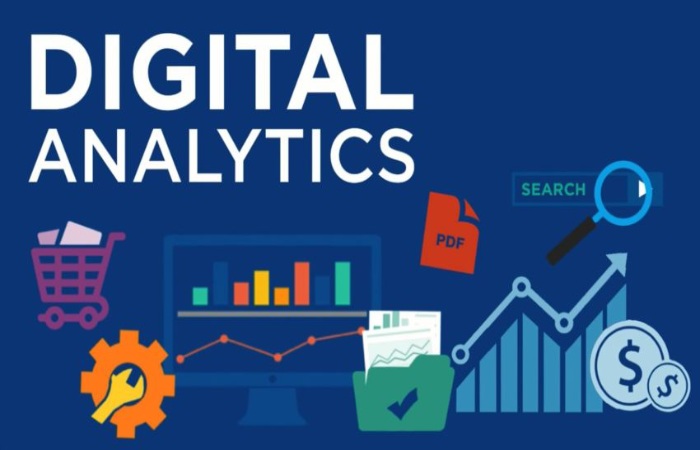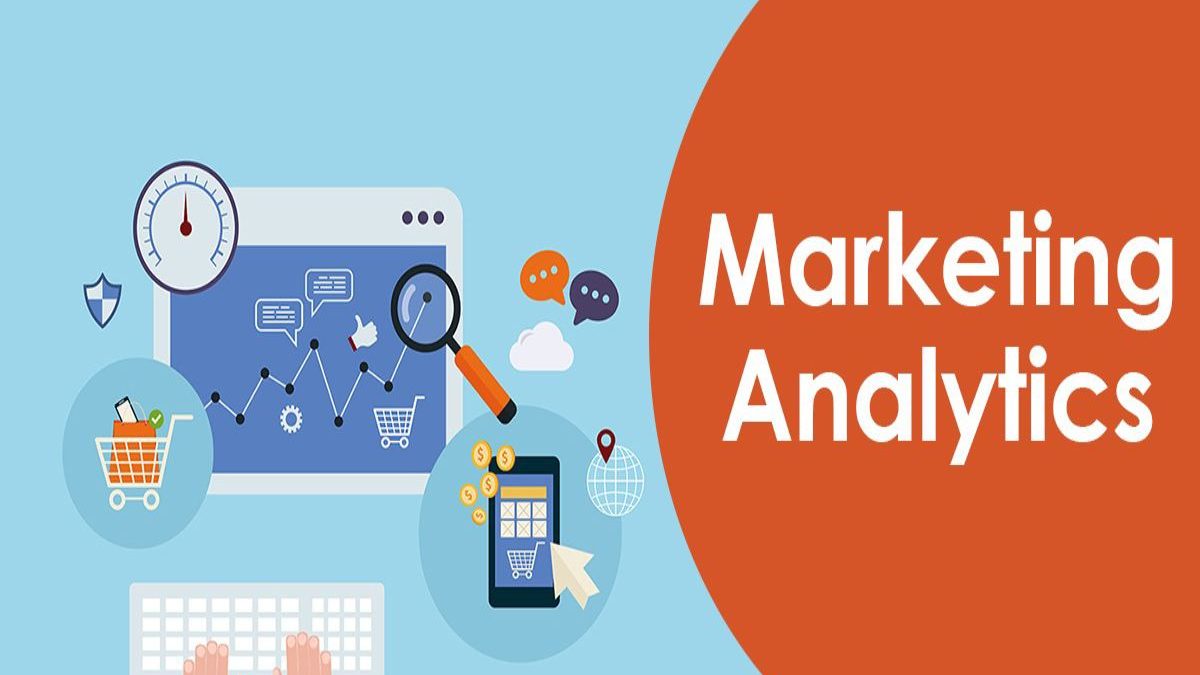Table of Contents
Introduction
Marketing Analytics uses data to assess the effectiveness and success of marketing activities. It enables you to gather deeper consumer insights, optimize your marketing goals, and get a better return on investment.
Marketing analytics benefits both sellers and consumers. This analysis enables marketers to achieve a higher ROI on marketing investments by understanding what is successfully driving conversions, brand awareness, or both. Analytics also ensures that consumers see more personalized and targeted advertising that meets their specific needs and interests rather than mass communications that tend to be boring.
Marketing data can be analyzed using various methods and models depending on the measured KPIs. For example, brand awareness analysis is based on different data and models than conversion analysis. Some popular analytical models and methods include:
- Media Mix Models (MMM): Attribution models that analyze aggregated data over a long period.
- Multi-touch attribution (MTA): Attribution replicas that provide person-level data throughout the buyer’s journey.
- Unified Marketing Measurement (UMM): A form of a size that integrates various attribution models, including MMM and MTA, into comprehensive engagement metrics.
The Importance of Marketing Analytics

In the modern advertising landscape, accurate data is more critical than ever. As a result, consumers have become very selective in choosing which brand media they engage with and which media they ignore.
Suppose brands want to capture the attention of the ideal shopper. In that case, they need to rely on accurate data to create targeted personal ads based on separate interests rather than broader demographic associations. and so It will allow marketing teams to deliver the right ad, at the right time, in the right network to drive consumers down the sales funnel.
Organizations Tips Marketing Analytics
Marketing analytics data helps your business decide on all, from ad spending to product updates, branding, and more. To give you an accurate 360-degree view of your campaigns and ensure you’re making the right decisions, it’s important to pull data from multiple sources (online and offline). With this data, your team can gain insight into the following:
Product Intelligence
Product intelligence involves digging deeper into the brand’s products and analyzing how those products compare in the marketplace. Organizations can better understand their products’ differentiators and competitive advantages by talking to consumers, interviewing target audiences, or participating in surveys. From there, teams can better align products with unique consumer interests and pain points that help drive changes.
Customer Trends and Preferences. – Marketing Analytics
Analytics can tell a lot about your patrons. What message/creation resonates with them? What products are they buying, and what have they researched in the past? Which ads drive conversions, and which ones get skipped
Product Development Trends
Analytics can also provide insights into the types of product structures consumers want. Marketing teams can pass this data on to product growth for future iterations.
Customer Service
Analytics also helps discover areas of the buyer’s expedition that could be streamlined or improved. For example, where are your customers struggling? Are there ways to simplify your product or make the checkout process easier?
Messaging and Media
Data analysis can determine where dealers choose to display letters for particular consumers. It has become essential due to the large number of channels. In addition to traditional marketing channels like print, TV, and broadcast, marketers also need to know which digital and social media channels consumers prefer. So what is marketing analysis software used
Marketing analytics software addresses the above challenges by quickly collecting, organizing, and correlating valuable data, enabling marketers to perform real-time campaign optimizations.
Modern marketing platforms are valued for the speed at which they can store and process large amounts of data. However, one of the main disadvantages of having access to so much data is that marketers cannot analyze it in time to perform real-time optimizations. and also it is where the processing power of advanced analytics platforms comes in, allowing marketers to adjust creative or ad placement as needed before the campaign ends, improving ROI—potential investment.
Additionally, many platforms with Marketing Evolution leverage unified marketing metrics to standardize and aggregate marketing data across multiple channels and campaigns, simplifying analysis.
Conclusion
Having the right marketing analytics solution is key to a successful marketing program. By understanding where your audience is interacting and what is driving sales, you can ensure you are putting your money in the right place and improving ROI.

